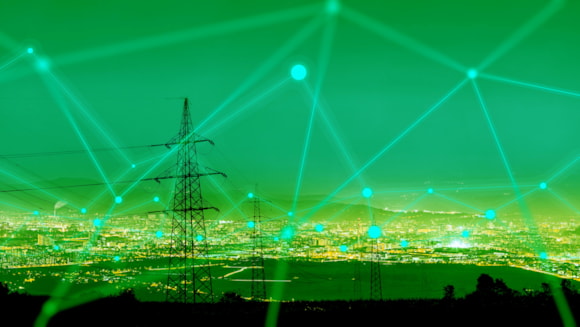Spanish electricity company Iberdrola has, through its UK business SP Energy Networks (SPEN), acquired Derryherk, a private technology company that works to improve data connectivity through its digital twin.
Derryherk, about which little information is available, is credited as a delivery partner for SP Energy’s Re-Heat project, which was awarded just under £1.3 million in funding from the Scottish government as part of the Low Carbon Infrastructure Transition Programme in March this year.
According to Iberdrola, it has successfully licensed Derryherk’s technology before, implementing digital twin modelling and the associated functionality on the SPEN network to enable network fault detection, forecast capacity constraints and provide active management of the low voltage network.
SPEN’s acquisition builds on that previous commercial agreement and seeks to further support the integration of the technology onto SPEN’s networks. The transaction also comes a few months after Iberdrola announced it would take a majority stake in Electricity North West (ENW), another UK electricity distribution network operator (DNO), for £2.1 billion.
Once the transaction is completed, Iberdrola will be the second largest network operator in the UK. The company says that since merging with ScottishPower in 2007, it has invested around £30 billion in the UK.
SPEN’s chief operating officer, Guy Jefferson, said the technology acquisition will be “another step forward” in building “the smart grid of the future”.
The smart grid of the future
ScottishPower plc—of which SPEN is a part—recently claimed to have invested almost £914 million in low carbon infrastructure in the UK across its electricity networks, having delivered £513 million in projects to support the grid through the energy transition, as well as renewables projects.
The UK’s first Energy Digitalisation Strategy outlined the necessity of a digitised energy system, stating only intelligent data-based systems can accommodate the influx of millions of new energy flows.
Digitising the grid will, eventually, have to be a nationwide effort: a National Digital Twin was first proposed in a 2017 report published by the National Infrastructure Commission (NIC), seeking to improve the UK’s public sector data sharing.
At the start of this year, National Grid ESO signed a memorandum of understanding (MoU) with the UK government to support the creation of digital twins. In June, a DNV research report highlighted the importance of industry collaboration and trust if digital twins are to benefit the UK’s energy transition.






